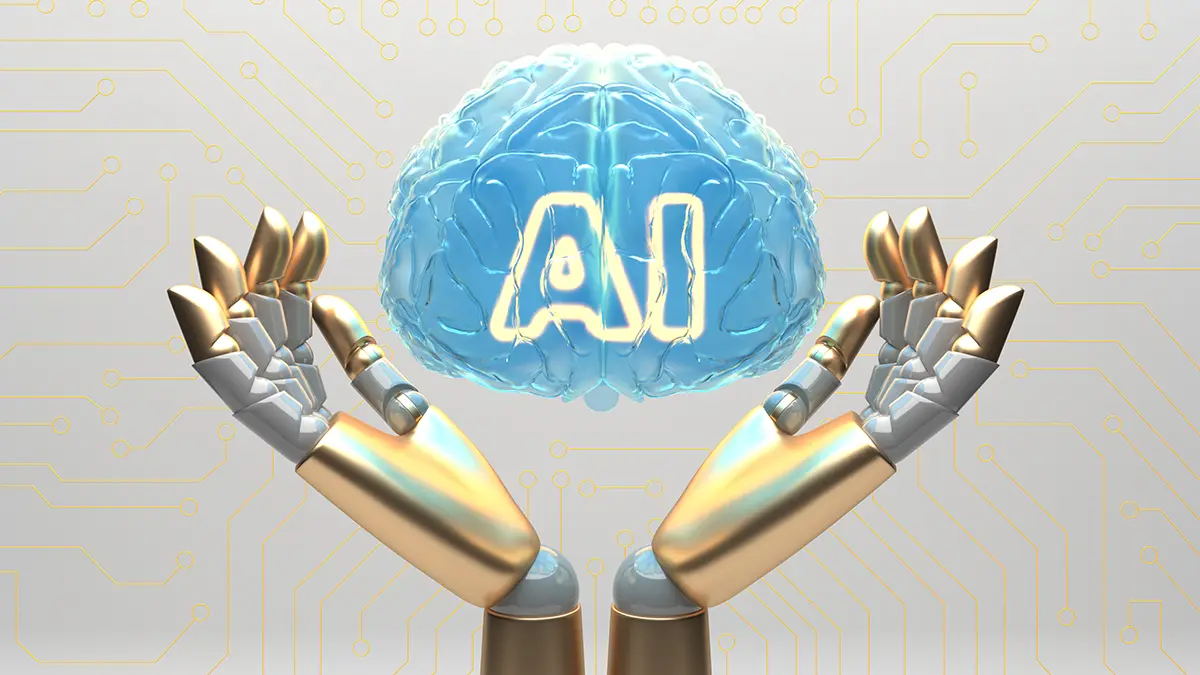Are you looking to elevate your AI software skills and become a sought-after expert in the field? With artificial intelligence rapidly transforming industries, enhancing your capabilities in AI software can open up numerous opportunities in terms of careers, projects, and innovation. In this comprehensive guide, we’ll delve into eight actionable tips that will help you improve your AI software skills, ensuring you stay ahead in this competitive field.
Table of Contents
- Understand the Basics of AI and Machine Learning
- Hands-On Practice with AI Tools and Frameworks
- Engage in AI Projects and Competitions
- Learn from the Experts: Online Courses and Certifications
- Stay Updated with Latest AI Research and Trends
- Build a Strong Foundation in Mathematics and Statistics
- Collaborate and Network with AI Enthusiasts
- Develop Problem-Solving and Critical Thinking Skills
- Frequently Asked Questions (FAQs)
1. Understand the Basics of AI and Machine Learning
Before diving deep into advanced AI topics, it’s crucial to have a solid understanding of the basics. This includes familiarizing yourself with key concepts such as machine learning, neural networks, natural language processing, and computer vision.
Key Concepts to Master
- Machine Learning: Algorithms and data-driven models
- Neural Networks: Layers, activation functions, and backpropagation
- Natural Language Processing (NLP): Text analysis, sentiment analysis, and language models
- Computer Vision: Image processing, object detection, and recognition
Recommended Resources
- Books: “Artificial Intelligence: A Modern Approach” by Stuart Russell and Peter Norvig
- Online Courses: Coursera’s “Machine Learning” by Andrew Ng
2. Hands-On Practice with AI Tools and Frameworks
Practical experience is invaluable in mastering AI software skills. Engage with popular AI tools and frameworks that are widely used in the industry.
Popular AI Tools and Frameworks
| Tool/Framework | Description |
|---|---|
| TensorFlow | Open-source library for machine learning and AI |
| PyTorch | Deep learning framework known for flexibility and ease of use |
| Keras | High-level neural networks API |
| Scikit-learn | Machine learning library for Python |
Practical Tips
- Start Small: Work on small projects to get a feel for the tools.
- Contribute to Open Source: Join AI-related open-source projects on GitHub.
- Experiment: Try different models and techniques to understand their strengths and weaknesses.
3. Engage in AI Projects and Competitions
Participating in AI projects and competitions can significantly enhance your skills and provide real-world experience.
Popular Platforms for AI Competitions
- Kaggle: A platform for data science competitions.
- DrivenData: Focuses on social impact projects.
- Hackathons: Participate in AI-themed hackathons to solve real-world problems.
Benefits of Participation
- Practical Experience: Apply your knowledge to solve complex problems.
- Networking: Connect with like-minded individuals and industry experts.
- Portfolio Building: Showcase your projects to potential employers.
4. Learn from the Experts: Online Courses and Certifications
Enrolling in online courses and obtaining certifications can provide structured learning and credibility.
Top Online Learning Platforms
- Coursera: Offers courses from top universities and organizations.
- edX: Features courses from leading institutions like MIT and Harvard.
- Udacity: Provides nanodegree programs in AI and machine learning.
Recommended Certifications
- Google AI Certification: Enhance your credentials with Google’s certification.
- IBM AI Engineering Professional Certificate: Gain comprehensive knowledge in AI engineering.
5. Stay Updated with Latest AI Research and Trends
The field of AI is constantly evolving, with new research and trends emerging regularly. Keeping up-to-date is crucial for staying relevant.
Ways to Stay Informed
- AI Journals and Conferences: Follow top AI journals like JMLR and attend conferences like NeurIPS.
- Blogs and Podcasts: Read blogs and listen to podcasts from AI experts.
- Social Media: Follow influential AI researchers and organizations on platforms like Twitter and LinkedIn.
Key Publications
- Journal of Machine Learning Research (JMLR)
- Neural Information Processing Systems (NeurIPS) Proceedings
6. Build a Strong Foundation in Mathematics and Statistics
AI heavily relies on mathematical concepts. Strengthening your knowledge in mathematics and statistics is essential.
Core Topics to Focus On
- Linear Algebra: Vectors, matrices, and eigenvalues
- Calculus: Derivatives and integrals
- Probability and Statistics: Distributions, hypothesis testing, and Bayesian inference
Recommended Resources
- Books: “Mathematics for Machine Learning” by Marc Peter Deisenroth
- Online Courses: Khan Academy’s math courses
7. Collaborate and Network with AI Enthusiasts
Collaboration and networking can open doors to new opportunities and insights.
Networking Strategies
- Join AI Communities: Engage with communities on platforms like Reddit and Stack Overflow.
- Attend Meetups and Conferences: Participate in local and international AI events.
- Online Forums: Contribute to discussions on AI forums.
Collaboration Tools
- GitHub: Collaborate on projects and share your work.
- Slack: Join AI-focused Slack channels for real-time discussions.
8. Develop Problem-Solving and Critical Thinking Skills
AI is all about solving complex problems. Developing strong problem-solving and critical thinking skills is essential.
Techniques to Enhance Problem-Solving Skills
- Practice: Regularly solve puzzles and coding challenges.
- Think Algorithmically: Break down problems into smaller, manageable parts.
- Learn from Failures: Analyze mistakes and learn from them.
Resources for Practice
- LeetCode: Practice coding challenges.
- HackerRank: Solve problems and participate in coding contests.
Frequently Asked Questions (FAQs)
What are the basic skills required to start learning AI?
To start learning AI, you need a strong foundation in mathematics, programming skills (preferably in Python), and a basic understanding of machine learning concepts.
How long does it take to become proficient in AI?
Becoming proficient in AI can take anywhere from six months to several years, depending on your background, the time you invest, and the depth of knowledge you wish to achieve.
Are there any free resources available for learning AI?
Yes, there are numerous free resources available, including online courses on platforms like Coursera and edX, as well as free tutorials and articles on AI blogs and forums.
What programming languages are essential for AI development?
Python is the most popular language for AI development due to its simplicity and the extensive libraries available. Other useful languages include R, Java, and C++.
How can I apply AI skills in real-world scenarios?
You can apply AI skills in various domains such as healthcare, finance, marketing, and robotics. Start by working on projects relevant to your field of interest.
Is it necessary to have a formal education to excel in AI?
While a formal education can provide a structured learning path, it is not mandatory. Many professionals have excelled in AI through self-study, online courses, and practical experience.
Conclusion
Enhancing your AI software skills requires a blend of theoretical knowledge, practical experience, and continuous learning. By following these eight tips, you can significantly improve your capabilities and stay ahead in the field of artificial intelligence. We encourage you to join the AI Topics community through our social media channels, push notifications, and newsletters to stay updated with the latest trends and opportunities in AI. Thank you for reading, and we look forward to helping you on your AI journey.


















